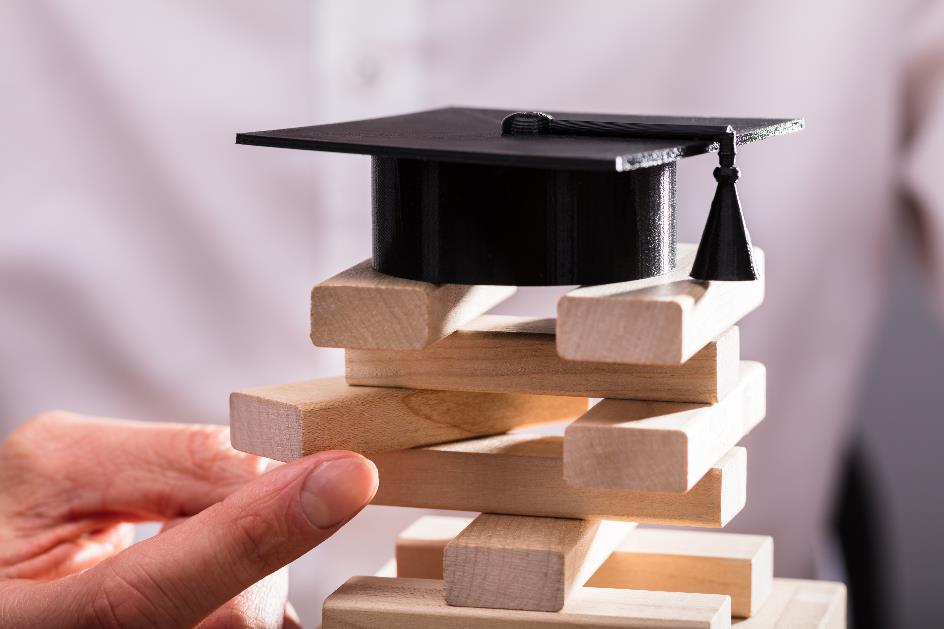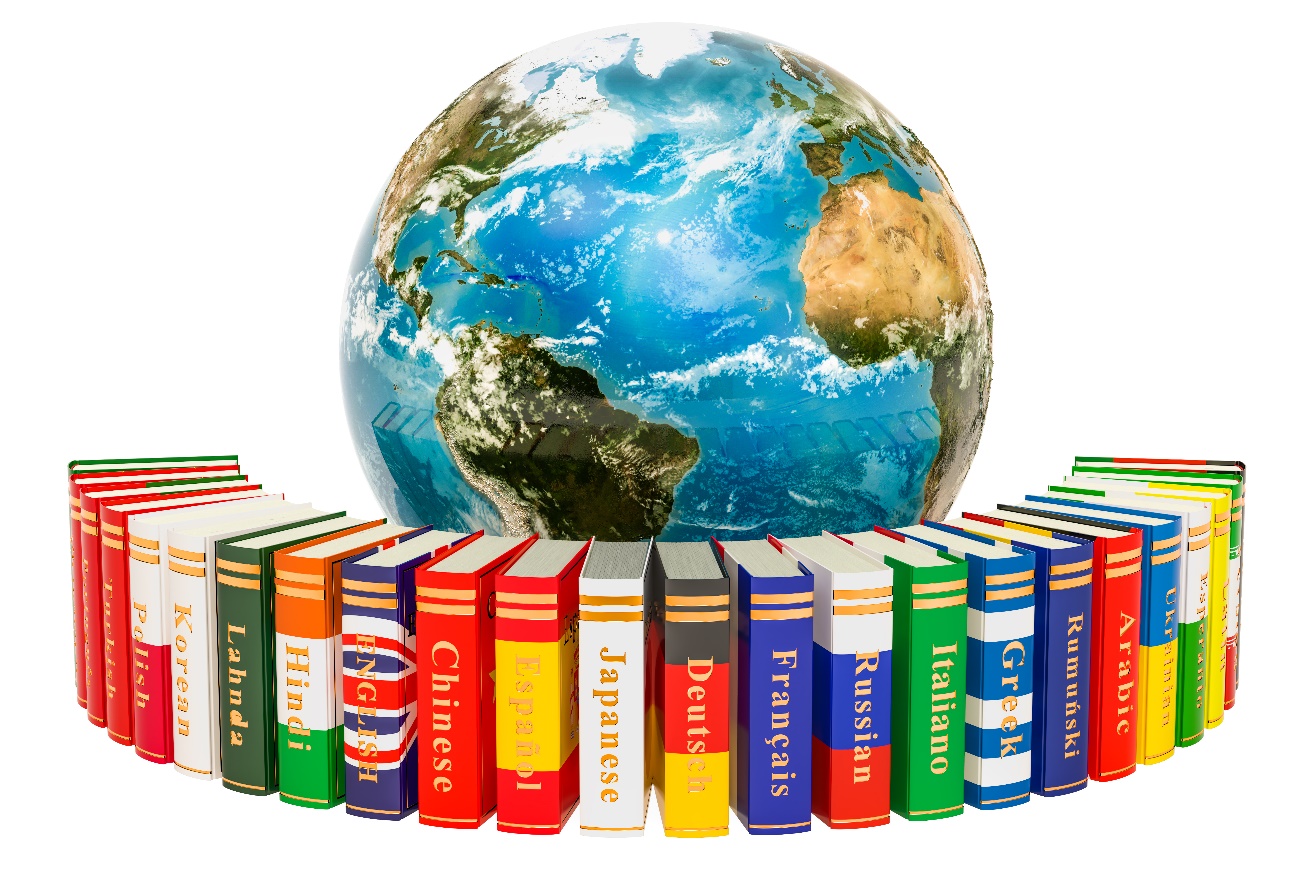University – Undergraduate Education

For students who graduate from high school, a new turning point starts with their decisions about university education. In this process, students need a roadmap that will bring them to their goals together with their university preferences and complete their applications within the framework of the relevant procedures. While placement to national universities proceeds according to the results of the central examination, international universities have different application systems. In this direction, the student’s success in high school education, academic grade point averages, social activities they participate in, projects, etc. are important in university admissions. For many universities, the rank in the GPA of the student in the school is taken into account.
The foreign language proficiency of the student is also important at the application stage, and the language level must be documented through internationally recognized exams. SAT/ IELTS/ TOEFL for English, DaF for German, DELF for French and DELE for Spanish are some of the international language proficiency exams.
At this point, the main purpose of our consultancy service is to determine the stages in the application process, to prepare appropriate application documents, to carefully complete personal letters of intent, reference letters and portfolio studies that may be required for specialist applications, and to carefully create a personalized student file.
Master – Postgraduate Education

Students with undergraduate diploma can apply to master’s programs if they further want to continue their academic education. There are options with or without thesis in master’s programs with intensive training content for specialization. Students can choose to specialize in the same field of their undergraduate education, or they can diversify their academic education by choosing different fields. At this level, students can find opportunities for change and development in different fields.
High School

The number of students who want international education, starting from high school, is increasing among in young generation who are raised with the understanding of “Global Citizen”. Intercultural awareness, acquisition of foreign language(s) at the mother tongue level, and then being able to benefit from academic education and career opportunities on a global scale with the education they will receive from an international perspective at a younger age constitute the main sources of motivation for students and families.
In this increasing trend, students can find the opportunity to decide on high schools by experiencing high school summer school programs the schools they will go to or independent summer schools.
Summer Schools / Camps

International summer schools are the best way to learn languages and personal development, especially for the 10-17 age group.
Through intercultural and entertaining programs with their peers from various countries of the world, students gain experiences that will contribute significantly to both the development of their foreign language skill and interacting with the community at an early age on their own.
Language Schools

Language schools offer lessons of 15-20 hours per week for 2 to 50 weeks, from beginner to advanced level. While effective foreign language acquisition opportunities are provided for students through language schools, language proficiency is also supported for those who want to continue their academic education on an international platform. There are also language school programs prepared with intensive course hours for specific purposes.


